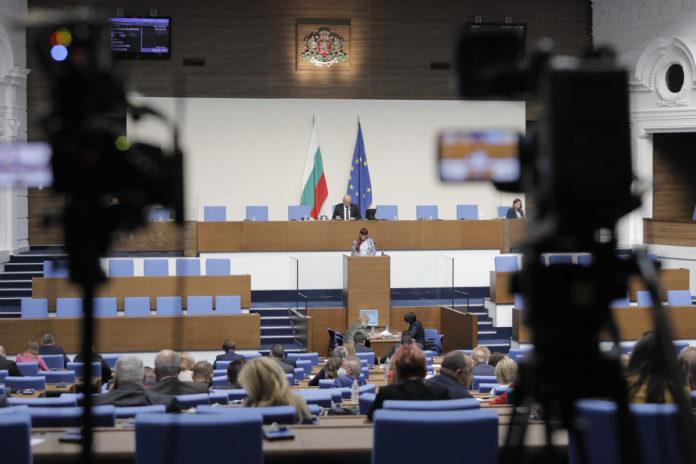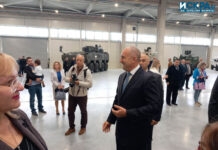
After nearly three hours of heated debates, lawmakers rejected President Rumen Radev’s veto on tests of the Electoral Code. Thus, with 124 votes in favor and 89 against, it was practically decided that in the upcoming elections we will vote via both paper ballots and machines.
The head of state returned the tests for a new discussion, as he considered it incorrect to vote in a mixed manner. According to him, the paper vote hides shortcomings, as well as the manual counting and drawing up of the protocols.
The President also disagreed that the entire responsibility for purchasing or renting the machines should be transferred to the Central Election Commission. In addition, Radev vetoed the text, which provides for referendums to be held on issues that are within the competence of only the Grand National Assembly.
During the debate, the Bulgarian Socialist Party and the Movement for Rights and Freedoms stood firmly behind Rumen Radev. According to Krum Zarkov, the changes in the Electoral Code over the past three years are reminiscent of a soap opera. He announced that the majority was trying to make machine voting meaningless and sabotage it. And he insisted that the adopted changes would not reduce the number of invalid ballots.
Cornelia Ninova, on the other hand, called for unity in order to solve the problem of election fraud.
GERB, for its part, asked its opponents in which country in Europe voting is done with machines. And they wanted to know if Ninova and Radev themselves were chosen with machines.
The Movement for Rights and Freedoms was adamant that two thirds of the wrong protocols could not be trusted in the election process. That is why the party has insisted on 100% machine voting, although this will make it difficult for some voters.
The government stressed that the citizens were the ones who wanted to have ballots. Tsveta Karayancheva announced that in Kardzhali, opposition voters went to GERB’s office with a request to keep the paper voting.
For his part, Toma Bikov announced that there has been a debate in the United States for years about eliminating machine tackling because it poses risks. According to him, the devices can very easily be the target of cyberattacks. He believes that machine voting is not a miraculous force. In the Netherlands and Norway, however, they reported that this experiment was unsuccessful and did not introduce machine voting.






